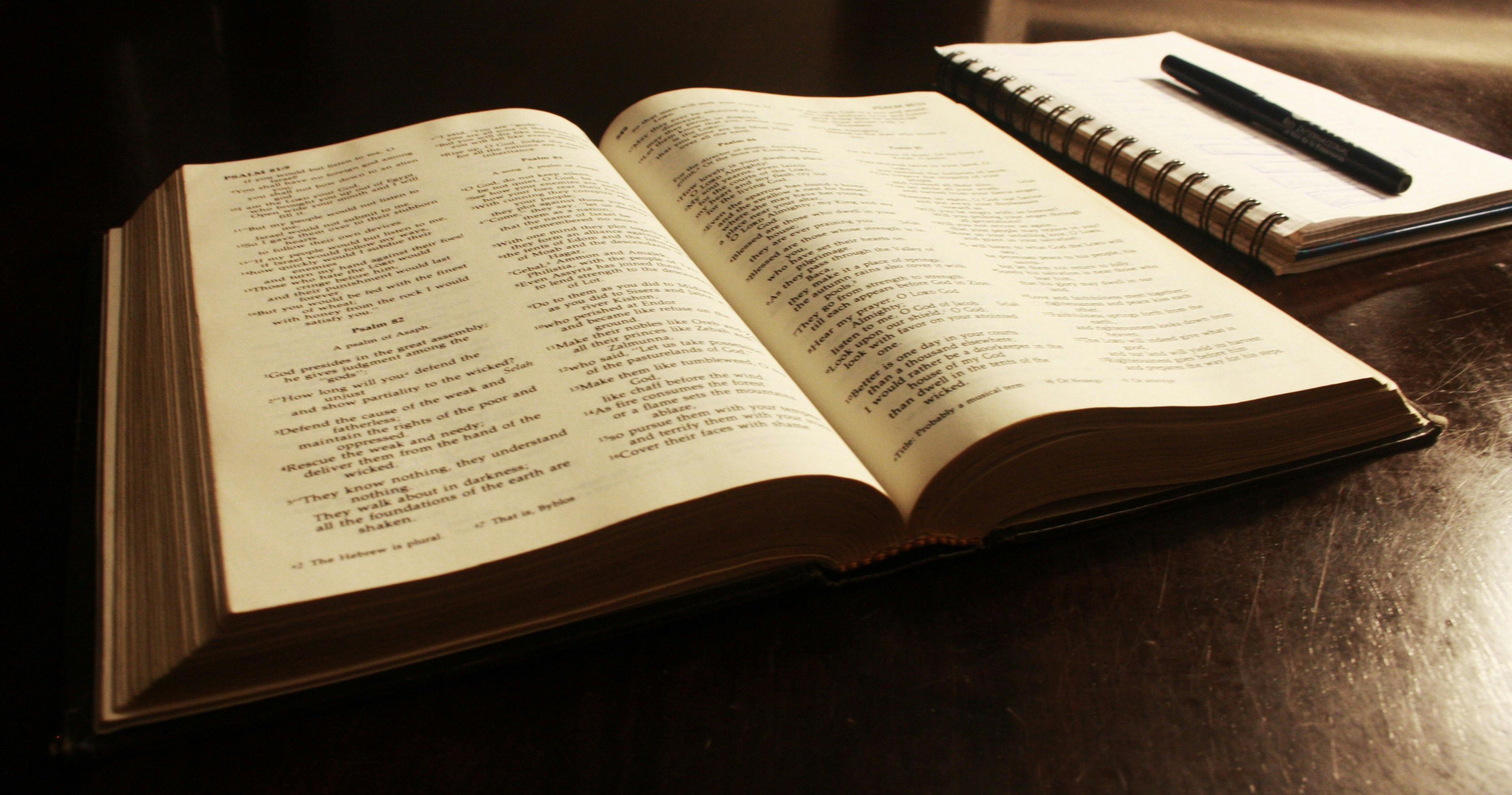 |
| Photo by Aman Aman on Unsplash |
Have you ever wished that you could live in the Garden of Eden and enjoy a happy, carefree life? I have once or twice.
Fortunately, having everyone live happily ever after in a beautiful garden wasn't part of God's plan for us. In fact, it wasn't even possible. Adam and Eve could not have lived in bliss forever and still become the parents of all mankind.
It just couldn't work that way. Thanks to the Book of Mormon, we have a pretty clear idea of why. In 2 Nephi 2, it says,
22 And now, behold, if Adam had not transgressed he would not have fallen, but he would have remained in the garden of Eden. And all things which were created must have remained in the same state in which they were after they were created; and they must have remained forever, and had no end.
23 Any they would have had no children. . . .From this, we know that if Adam and Eve had not partaken of the fruit of knowledge of good and evil, they would have never been able to raise children. Instead, they would have remained as children themselves—forever.
I've always understood that point. But there is one thing that continued to confuse me. In The Church of Jesus Christ of Latter-day Saints, we teach that both Adam and Eve are heroic exemplars, because they chose to bring life into the world even though it required disobeying God. Eve is praised for her foresight and courage; Adam is praised for his loyalty and reasoning.
But neither Adam nor Eve had knowledge of good and evil until after they ate the fruit. They were children, knowing the what of the commandments but not the why.
If Adam and Eve were truly like children, innocent and unlearned, how could they have understood the magnitude of their decision to partake of the fruit? There's no way that Eve would have been reaching for that fruit with the full realization of what that action meant for her future.
That's what I never understood. Why did we praise Adam and Eve so much for their foresight and reasoning, when they really couldn't have known the significance of their partaking of the fruit?
But then I got to thinking about it as I read in Moses chapter 4, when the serpent is tempting Eve.
10 And the serpent said unto the woman: Ye shall not surely die;
11 For God doth know that in the day ye eat thereof, then your eyes shall be opened, and ye shall be as gods, knowing good and evil.
12 And when the woman saw that the tree was good for food, and that it became pleasant to the eyes, and a tree to be desired to make her wise, she took of the fruit thereof, and did eat, and also gave unto her husband with her, and he did eat.We don't know how long Adam and Eve were in the Garden of Eden, but I wonder how many months must Eve have been walking through the Garden, pondering the two commandments that God had given her and realizing that she did not have the knowledge to keep the first commandment? How long had she already been gazing at the tree of knowledge, wanting to be fruitful and multiply but not knowing how?
I imagine that Eve would have already worked out for herself that she needed to have more knowledge if she and Adam were going to keep the first commandment to multiply and replenish the earth (Genesis 1:28). So when Satan did come in, promising knowledge like unto the gods, partaking of the fruit might not have been so foreign an idea to her.
I don't know whether or not Eve fully understood before she ate the fruit that she had to fall in order to bring salvation to her offspring. Perhaps she did, perhaps she didn't. Either way, her act was valiant and praiseworthy.
I will say, however, that I don't believe that Adam or Eve fully understood their role in God's plan until after they partook of the fruit. Indeed, in both scriptural accounts of the creation, Adam is not said to have given Eve her name until their eyes have already been opened. Only after their reprimand from God do they say that Adam called her Eve, the mother of all living (Genesis 3:20; Moses 4:26).
I love to think of the moment when Adam must have turned to "the woman" with such love in his eyes and tenderly called her "Eve" for the very first time. Having just been told that the earth would be cursed for their sake and that they were destined to return to the dust, I can imagine him saying, "Eve... My wife and my companion, we will make it. We can and will bring life into this world, together."
And they did. They brought you and me into this world to make decisions of our own, and they showed us that even with a minuscule understanding of God's plan, we can still make the right decision. Sometimes, if not always, our knowledge of the why behind God's commandments will only come after we take the step of faith. We are all like Adam and Eve, for aren't we all little children when compared to God? And like in the Garden of Eden, God will always allow us to make mistakes so that we may learn and grow closer to Him.

